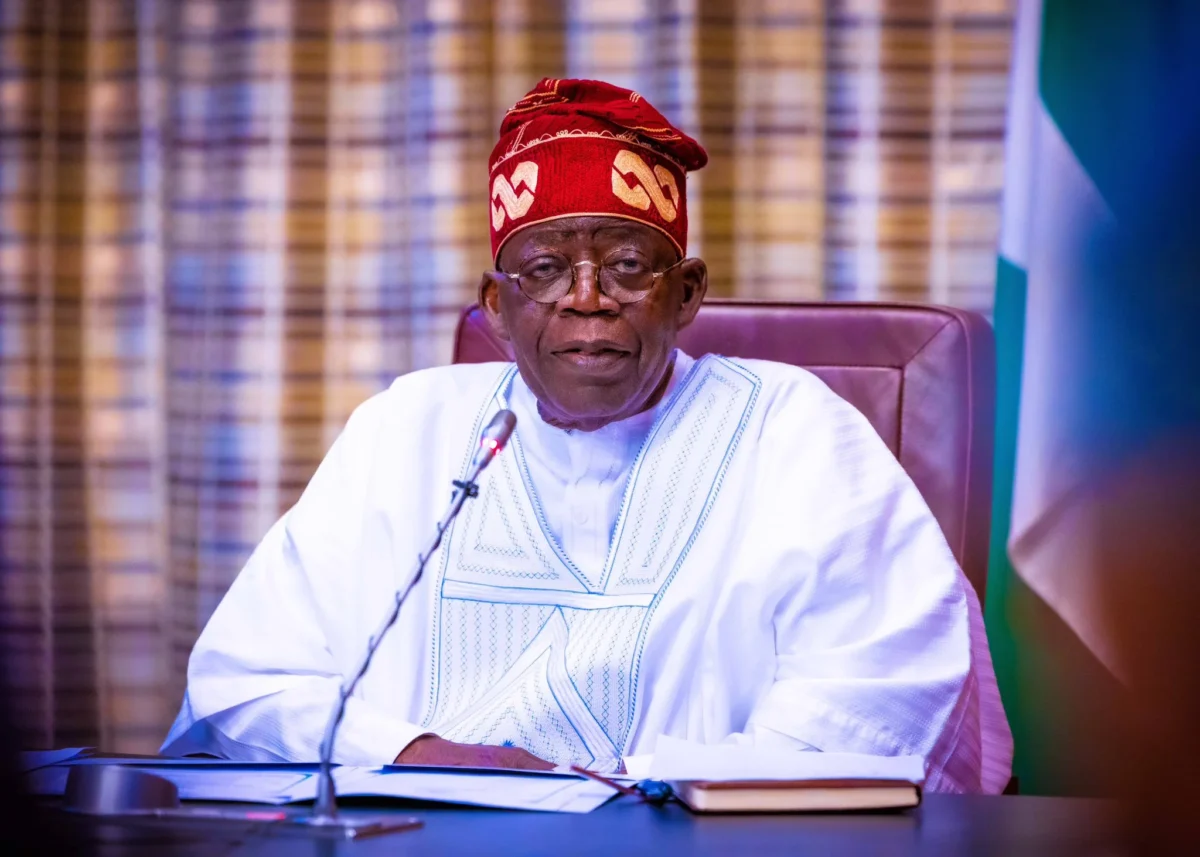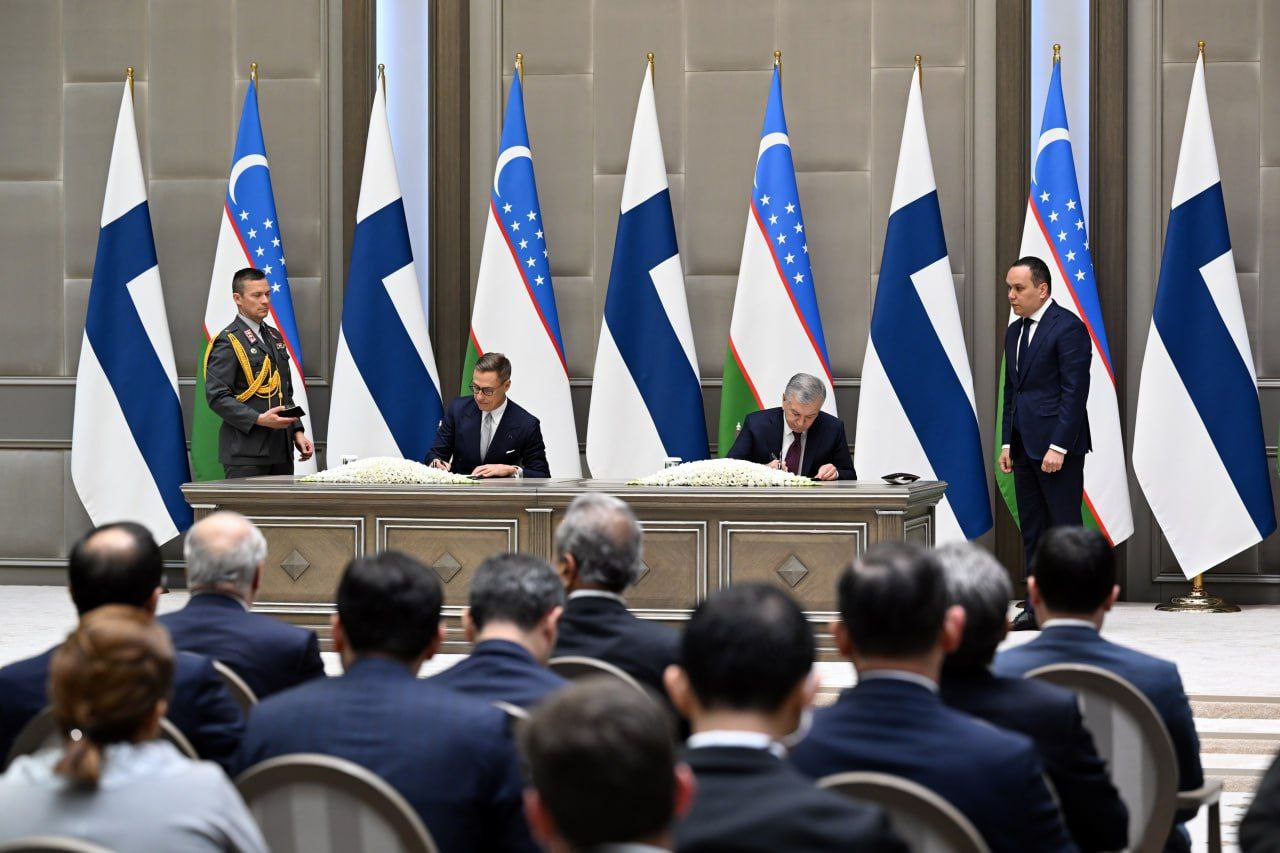Copyright tribuneonlineng

In this report, CHRISTIAN APPOLOS captures the voices of trade unions, journalists, and labour advocates as they, at the just-concluded LACAN Annual Conference in Abuja, demanded urgent government action to tackle Nigeria’s deepening poverty and inequality. Nigeria’s persistent crises of poverty and inequality have once again taken center stage, as trade unions, journalists, and labour advocates united in a resounding call for urgent government action. The alarm bells were rung at the second edition of the annual Labour Correspondents Association of Nigeria (LACAN) Conference held in Abuja. A gathering that echoed the deepening despair of millions of Nigerians struggling under the weight of economic injustice, policy insensitivity, and systemic inequality. With the theme “Improving Internal Resource Mobilisation for Financing Anti-Poverty and Inequality Interventions in Nigeria,” the conference, supported by the African Regional Organisation of the International Trade Union Confederation (ITUC-Africa) was not just another intellectual exercise. It came against the backdrop of the damning Oxfam 2025 Report on Inequality in Africa, which painted a grim picture of wealth concentration and the erosion of social equity across the continent. The report revealed that just four of Africa’s richest individuals possess more wealth than half of the continent’s 750 million people combined, a staggering illustration of imbalance. In Nigeria, the situation is even more stark: according to Oxfam, the top 10 percent of the population controls about 90 percent of the nation’s resources, leaving the rest to scramble for crumbs in a collapsing social system. In his message to the conference, ITUC-Africa General Secretary, Akhator Joel Odigie, described the Oxfam report as a “wake-up call” for African leaders to act decisively and rediscover the moral and political will to redistribute wealth and reduce social divides. “Africa’s four richest individuals possess more wealth than half of the continent’s 750 million people combined,” he said, emphasizing that Nigeria represents one of the most glaring examples of how weak taxation systems and wealth capture deepen poverty. Odigie lamented that economic growth in Nigeria no longer translates into improved living conditions for its citizens, noting that “the top 10 percent of Nigerians control about 90 percent of the country’s resources, a situation that reflects a growing disconnect between economic growth figures and the lived realities of working people.” He called for a robust reform of Nigeria’s revenue system through progressive taxation and wealth redistribution measures capable of funding essential services such as education, healthcare, social protection, and job creation. “These are not radical ideas,” Odigie argued. “They are moral and economic imperatives if Nigeria is serious about reducing inequality and restoring hope to its citizens.” He highlighted that a one percent tax on the wealth of Nigeria’s richest citizens could generate billions of naira annually to fund social programmes. Odigie also urged a comprehensive review of the nation’s tax incentives and exemptions regime, which he said drains vital revenue from the treasury. “Closing loopholes, curbing illicit financial flows, and ensuring that multinational companies pay fair taxes could significantly strengthen the country’s capacity to deliver essential services,” he added. Beyond fiscal measures, Odigie charged journalists and labour correspondents to intensify their watchdog role, holding policymakers accountable for how public resources are raised and spent. He particularly urged greater scrutiny of government spending on social protection programmes such as the conditional cash transfer scheme for vulnerable households, stressing that transparency and accountability are crucial to rebuilding public trust. Echoing similar sentiments, Dr. Vanessa Phala, Country Director of the International Labour Organisation (ILO) for Nigeria and Ghana, described the conference theme as both “timely and urgent.” Represented by Ms. Inviolata Chinyangarara, Specialist, Workers Activities (ACTRAV), ILO Office Abuja, Phala, reminded participants that poverty and inequality are not abstract concepts but “lived realities for millions of Nigerians.” She emphasised that these realities manifest daily in limited access to decent jobs, education, healthcare, and social protection. “Tackling these issues requires more than good intentions; it demands strategic investment, policy coherence, and a shared commitment to social justice,” she said. Phala reiterated the ILO’s long-held belief that decent work remains the most effective route out of poverty, but achieving this requires effective mobilisation and allocation of resources. “Governments must prioritise the needs of workers, especially those in vulnerable and informal employment,” she said. “This includes financing programmes that promote job creation, skills development, social protection, and inclusive growth.” She commended LACAN for consistently amplifying workers’ voices and ensuring that labour issues remain central in national discourse. “You are the bridge between the world of work and the wider society,” she told the journalists, urging them to explore innovative financing mechanisms such as progressive taxation, improved public financial management, and public-private partnerships. “These are not just technical solutions; they are pathways to dignity, equity, and resilience,” she added. Reaffirming the ILO’s support for Nigeria’s quest for inclusive growth, Phala said: “Through our Decent Work Country Programme and collaboration with government, employers, workers, and civil society, we continue to promote policies that reduce poverty, close inequality gaps, and ensure that no one is left behind. But the tone of the discussions grew more combative when Comrade Joe Ajaero, President of the Nigeria Labour Congress (NLC), took the floor. Ajaero blamed the government’s anti-people policies for worsening poverty and inequality in Nigeria. “The government apparently initiated many policies to further enrich the already rich while the working class and ordinary citizens are left to their fate,” he said. “As of today in Nigeria, there is no middle class anymore because of the extreme level of poverty in the country. The government is so insensitive to the plight of the citizens and the consequences that may follow if the situation continues.” Ajaero accused successive administrations of granting tax havens and exemptions to big companies owned by political allies and foreign investors at the expense of ordinary Nigerians. He criticized the government’s removal of subsidies and the sale of public establishments, which, he said, had only worsened citizens’ living conditions. “Talk of decent wages, they don’t care. Instead of taking steps to reduce poverty and inequality, the government and the powerful are looking for ways to reduce existing labour laws to nothing in Nigeria. They don’t want workers to unionize, they don’t want collective bargaining, they want to suppress workers’ voices,” he declared. The NLC President warned that the government’s negligence was fueling insecurity and crime. “No one needs to be told that the prevalence of insecurity and other related crimes in the country are caused by poverty, inequality, and unemployment,” he said. “The government should consider making a decent wage one of the major cornerstones to change the narrative. As part of measures to tackle poverty and inequality, the government must also take decisive action to address the issue of casualisation in the Nigerian labour sector. It is a major driver of unemployment, poverty, and inequality. It promotes unfair labour practices, and at the heart of the evil of casualisation is poor wage.” Ajaero insisted that the government has all it takes to reverse the crisis. “It can start by strengthening its labour laws and ensuring compliance across the board. It can start by floating genuine, effective, and efficient social protection programmes. It can start by sustaining public establishments to work effectively. It can start by providing healthcare services and affordable, quality education,” he asserted. Responding to these concerns, the Minister of Labour and Employment, Muhammad Dingyadi, who delivered the keynote address, acknowledged the government’s awareness of the challenges. He described labour casualisation as one of the major problems undermining productivity, decent work, and national growth. “The Federal Government is strengthening and will continue to strengthen policies that protect workers and create jobs that guarantee dignity, fairness, and productivity,” he assured. Dingyadi disclosed that the government was taking steps to engage employers and promote decent employment by ending exploitative work arrangements. He commended LACAN for shaping public understanding of labour issues and pledged continued collaboration to advance the decent work agenda. Also lending his voice, Director-General of the National Directorate of Employment (NDE), Mr. Silas Agara, praised LACAN for creating a platform to discuss sustainable job creation and inclusive growth. Represented by Mrs. Amezhi Apia, the Director of Special Duties at NDE, Agara highlighted the Directorate’s achievements: “We have trained more than 33,800 youths and resettled 4,683 beneficiaries with start-up kits and soft loans. Currently, we are training over 40,000 unskilled unemployed Nigerians in various skills as part of the government’s effort to tackle unemployment, poverty, and inequality.” He reaffirmed that the NDE “remains committed to reducing unemployment and poverty to the barest minimum, as there is no alternative to doing so.” In his closing remarks, Mr. Patrick Abulu, Chairman of LACAN, framed the conference as a call to action for a fairer and more inclusive labour environment. “This conference underscores the need for homegrown strategies that strengthen internal resource mobilisation and promote decent work practices,” he said. Abulu reaffirmed LACAN’s commitment to fostering dialogue between government, workers, and employers, stressing that the fight against poverty and inequality “is not only an economic challenge but a moral duty to secure a just and equitable future for all Nigerians.” “The 2025 Oxfam Report may have confirmed what many Nigerians already know; that inequality in the country has reached crisis levels. But what the LACAN conference did was to transform that grim reality into a rallying cry. From trade unions to journalists, from international organisations to government officials, one message resonated clearly: Nigeria can no longer afford to treat poverty and inequality as abstract debates.” He added.



